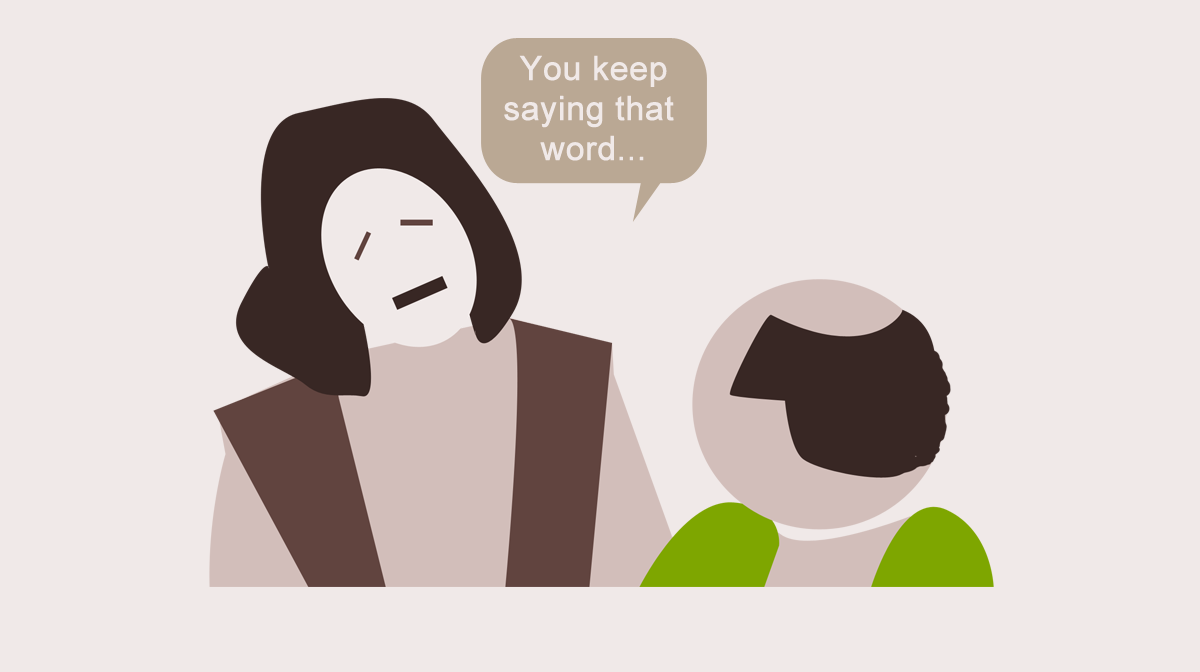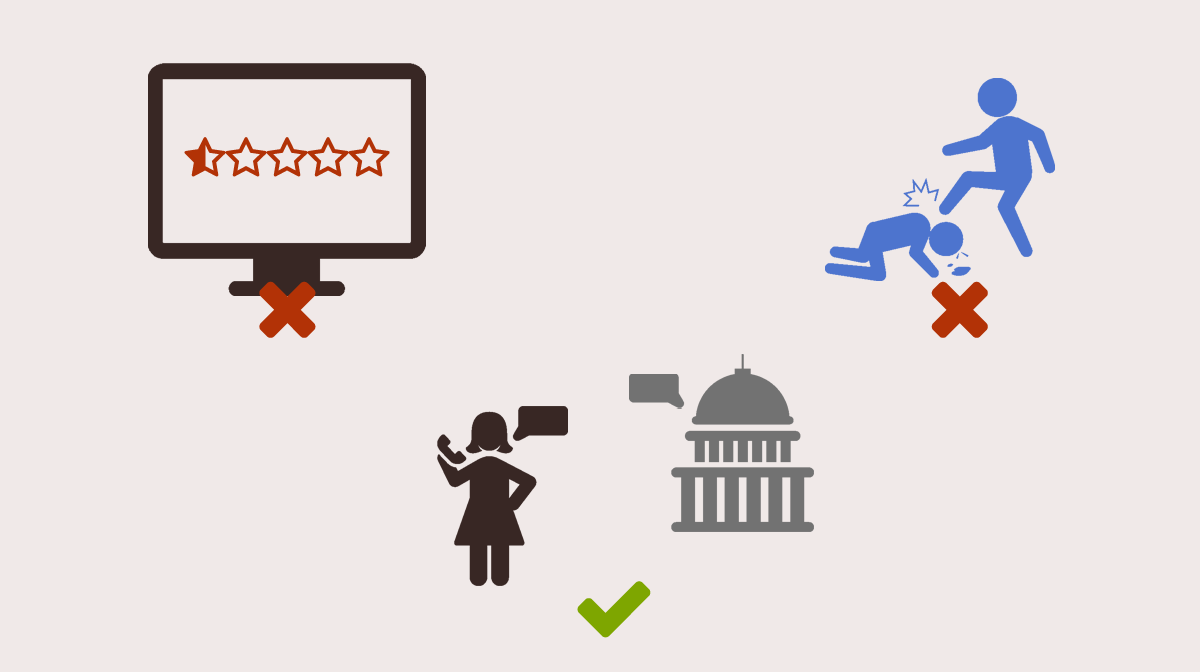I spend a lot of time reading landlord-tenant discussion boards online. When you run a business like RentConfident, it goes with the territory. These discussion boards are full of tenants complaining and being dramatic about their terrible landlords and sub-standard housing. They like to use the term "slumlord," which someone decided at some point should be the extremely offensive equivalent of the "n-word" for landlords. And in some cases the tenants are totally right for complaining.
But they also tend to claim that they're being “evicted” on dubious grounds. And a lot of them have indeed been asked to leave by their landlords. But a lot of the time they're using the word “evicted” incorrectly. And when they do, the readers with legit property management experience giggle behind their screens at the obvious ploy for sympathy.
Eviction is an emotionally loaded term, and renters like to use it every time they are forced to leave an apartment at a time other than one that they chose themselves. For landlords, eviction refers to a very specific process: a courtroom trial followed by a visit from the sheriff. It isn't an eviction until the county judicial system gets involved.
According to Dictionary.com, eviction has two definitions:
Here are some situations that are legal, but not evictions:
- You're on a month to month lease and the landlord gives you one month's notice to leave, and that notice is received on the same day that your rent is due. Continue reading Renters, Your Landlord Is Laughing At You for Using A Word Incorrectly.






